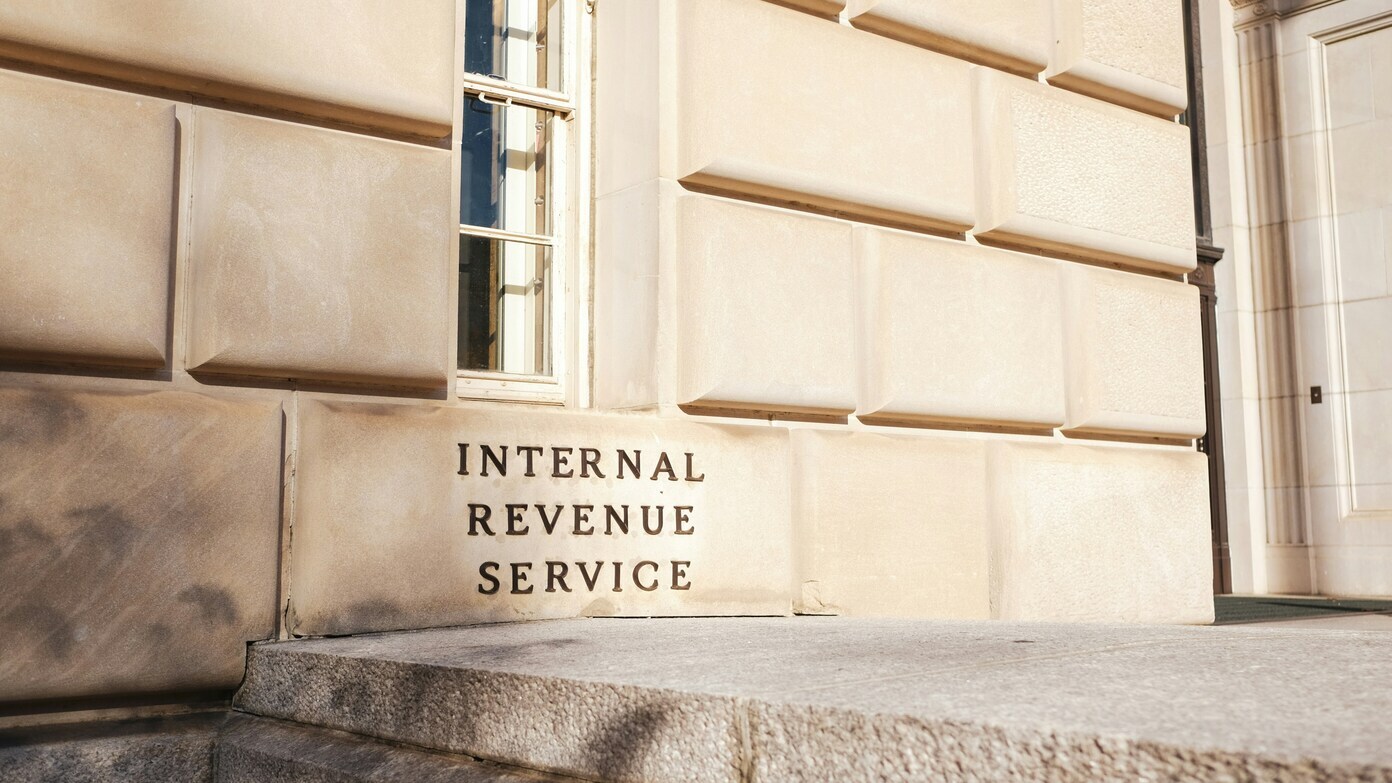After finishing rushing late into the night to file taxes by the April 15 deadline, the mere thought of a life without the IRS seems like a distant dream. This is precisely what the former President and his operatives are pursuing. Commerce Secretary Howard Lutnick declared that Trump wants to “abolish the IRS,” throwing into question how the United States government might then pay for its operations.
While that might sound like a staged act, efforts to strip the IRS of its powers and look for alternatives are in full swing. Here’s what you need to know and how it may affect your finances.
Read now: IRS Form 8027 in 2024: what is it, instructions, how to fill it out, and where to apply
Trump’s tax revolution
From within, the Trump administration and its allies in Congress attempted to dismantle the IRS. The Associated Press reports that the agency has suffered three leadership changes within a single week. Potentially tens of thousands of IRS personnel will be leaving through layoffs and retirement incentives.
There is a bigger question: what comes next?
Trump and Lutnick propose eliminating the IRS and setting up a new External Revenue Agency to generate governmental revenue from tariffs on imports. “Let all the outsiders pay,” Lutnick said on Fox News.
But the experts mention that the numbers don’t quite add up. In 2023, the importation of goods into the U.S. had reached $3.1 trillion, whereas income and corporate taxes had brought in approximately $2 trillion. The Peterson Institute for International Economics calls it “literally impossible” for tariffs to fully replace income taxes.
Another bill pushed by the Republican lawmakers is the FairTax Act of 2025, introduced by Rep. Earl “Buddy” Carter. It calls for an abolition of income taxes, and instead, the United States shall have a national sales tax of 23%, starting June 2027. According to the Tax Policy Center, a 23% sales tax would equal about 30 cents of federal tax on every dollar spent by consumers.
Whether any of these will ever become law is yet to be seen. But if they do build momentum and get serious restructuring underway, your wallet will soon be feeling the effect.
Read now: How can I apply for an ITIN number to apply for a tax refund from the IRS?
5 Ways This Could Affect You
Higher prices for consumers
Both tariffs and sales taxes would make everyday items costlier. The Yale Budget Lab calculates that current tariffs on imported goods have added an estimated $4,700 to the average American household’s yearly expenditures. A proposed 23% sales tax could raise the price of an automobile from $30,000 to $36,900.
Unequal burden on the poor
Sales taxes weigh more heavily on working families than they do on the rich. Ordinary wealthy folks might hardly feel that extra tax on a car, but those few extra dollars make all the difference for those lower down the income scale.
Market disruption
Should there be any abrupt decline in tax revenues not substituted by others, investors would go into a panic-stricken mode. This uncertainty would rock both stock and bond markets; this is not good for retirement accounts or savings.
Risk of recession
JP Morgan is warning of a 60% chance of recession should tariff escalation occur. Reduced consumer spending, rising prices, and a slowing pace of business growth could doom the slow fate of the economy.
Job losses:
In any case, the increasing application of tariffs or shallower demands for industries would cause job losses. Families would simultaneously become insecure in their work and find an increase in their expenses. As these changes come about, the investment experts advise rethinking budgeting, cushioning with larger emergency funds, and making plans in the event of economic turmoil.

